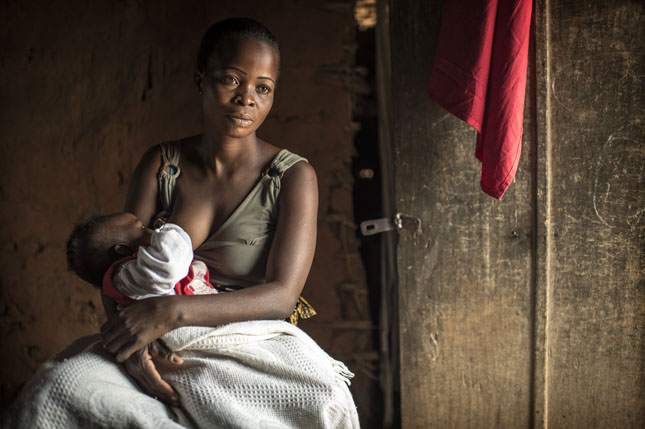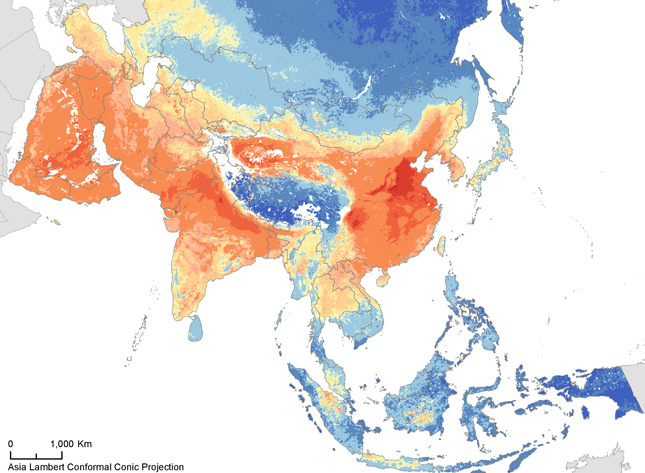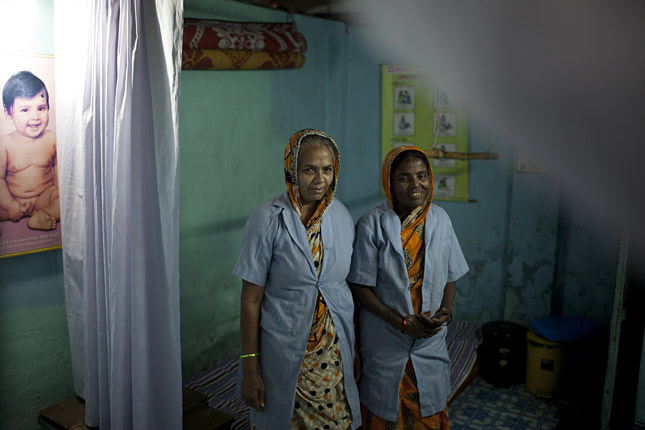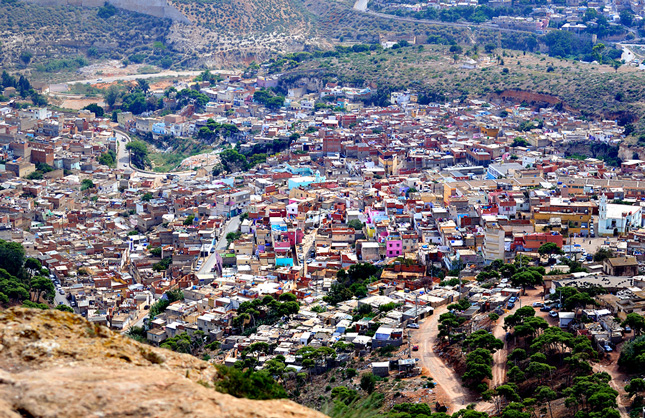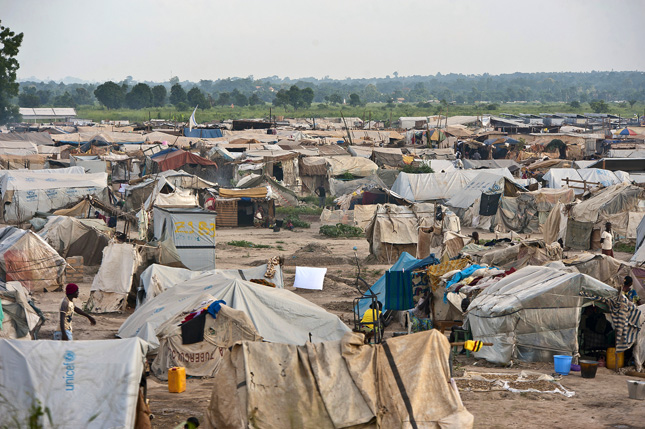-
Alex Evans, The Guardian
Addis Financing Summit Leaves Questions – Will the SDGs Provide Answers?
›July 24, 2015 // By Wilson Center Staff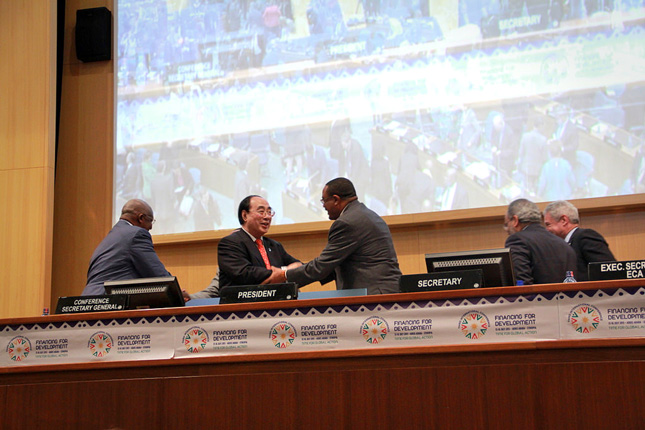
Start with the good news from this week’s finance for development conference in Addis Ababa: at least it got the narrative right.
-
50 Years of Family Planning at USAID: Successes, Political Challenges, and Future Directions
›
Since President Lyndon B. Johnson created the USAID population program in 1965, it has evolved in tandem with the global discourse on population and demography. “The agency’s family planning program is as relevant today as it ever was, and is necessary,” said Jennifer Adams, deputy assistant administrator of the U.S. Agency of International Development’s Bureau for Global Health. The bureau houses the Office of Population and Reproductive Health, which implements U.S. development and relief efforts to expand access to modern contraceptives, fight HIV/AIDS, reduce unsafe abortions, and protect the health of women and children. [Video Below]
-
Swept Under the Carpet: The Psychological Side of Maternal Health
›
In high-income countries, as many as 10 to 15 percent of women experience depression, anxiety, or other non-psychotic mental health challenges during pregnancy or the year after giving birth. In developing countries, the chances rise to 16 percent of pregnant women and 20 percent of post-natal women, according to Jane Fisher, professor of women’s health at Monash University in Melbourne, Australia. [Video Below]
-
Katie Millar, Maternal Health Task Force
Global Experts Highlight Importance of Midwives to Maternal Health
›
May 5 was the International Day of the Midwife, an opportunity for the global community to come together to recognize the incredible impact midwives have on maternal and newborn health and decreasing mortality. Want to know more about what global leaders are doing to strengthen midwifery?
-
Measuring the SDGs: Investments in Mapping, Geospatial Data Collection Critical to Success
›To ensure no one is left behind by the next generation of global development goals, a comprehensive mix of robust data is needed to measure progress and guide investments. A recent report coordinated by the Sustainable Development Solutions Network estimates the world will need to spend roughly $1 billion a year to sustain and enhance the statistical systems supporting and evaluating progress towards the Sustainable Development Goals (SDGs), the successors to the Millennium Development Goals expected to guide the development agenda for the next 15 years.
-
Accounting for 1 in 3 Maternal Deaths, Health Disparities Persist in South Asia
›
The state of maternal health in South Asia is difficult to assess. Although rates of maternal mortality are declining between 2 and 2.5 percent a year overall, the region’s massive population – one fifth of the world and over 1 billion people in India alone – means it still accounts for one out of three maternal deaths. [Video Below]
-
Consequential Omissions: How Demography Shapes Development
›
If you were on a mission to improve the plight of humankind, no less, would you care about how many people are living, where they are, and how old they are? You probably would, for it would obviously make it easier for you to estimate the challenge you face. However, the international community did not.
-
What’s in a Name? States of Fragility and Adjusting Aid to Conflict Zones
›April 13, 2015 // By Lauren Herzer Risi
Depending on how closely you pay attention to the OECD, you may have picked up on a subtle but meaningful change in this year’s States of Fragility report. Whereas previous reports were titled Fragile States, the Organization for Economic Cooperation and Development has shifted its framing to focus less on states and more on conditions, less on the binary status of a “fragile state” and more on fragility as a universal condition that can impede development in all countries.
Showing posts from category MDGs.



